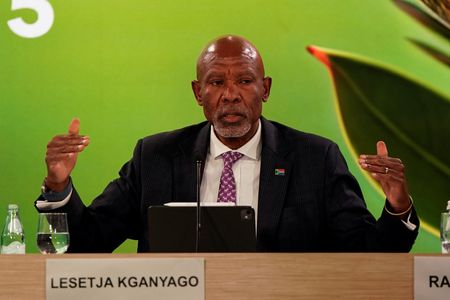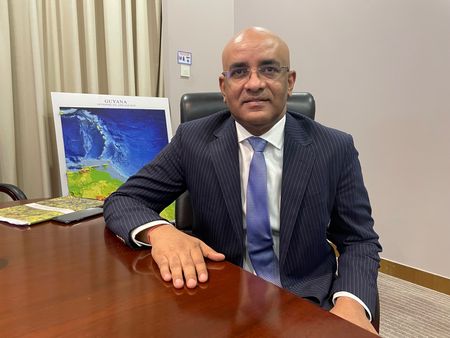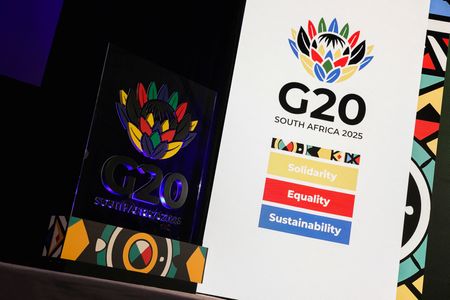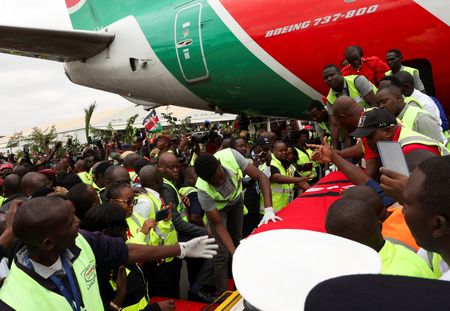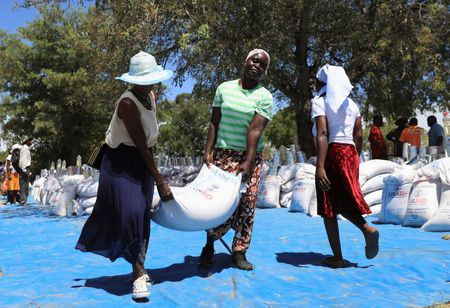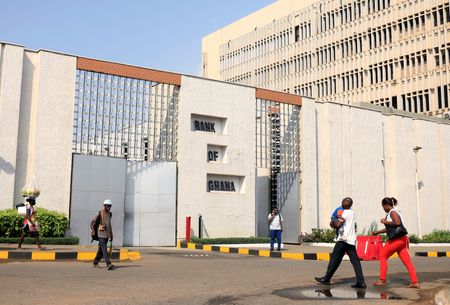WASHINGTON/JOHANNESBURG (Reuters) -South African Reserve Bank Governor Lesetja Kganyago said on Thursday that developing nations should be able to challenge ratings agencies’ methodologies to ensure greater transparency.
Speaking at a press conference following the conclusion of the Group of 20 finance chiefs meetings in Washington, Kganyago stated that transparency in ratings could yield better outcomes for developing countries.
“If we are able to take their methodology and take the data they are using and see whether we are able to replicate it… we can actually engage them and challenge them based on their methodology and say that your rating is wrong,” he said.
South Africa, which took over the G20 presidency this term, committed to address the elevated cost of capital for developing economies. This included the part that rating agencies play.
However, the proposed commission to examine these concerns remains unestablished. The initiative, outlined in a policy priorities document at the start of South Africa’s presidency, sought to explore barriers to affordable and predictable capital flows for development, including those linked to ratings agencies’ methodologies.
During the fourth meeting under South Africa’s G20 presidency, finance ministers and central bank governors issued a Chair Summary instead of a formal communique, a recurring feature of multilateral discussions where consensus is not reached.
The summary highlighted global economic resilience but identified risks such as geopolitical tensions, supply chain disruptions, elevated debt levels, and severe weather events.
The statement emphasized the importance of addressing excessive imbalances, particularly for developing economies.
“Given the challenges of high public debt and fiscal pressures, members acknowledged the importance of pursuing growth-oriented macroeconomic policies to enhance long-term growth potential,” the Chair Summary noted.
The group also addressed the unequal development of artificial intelligence across developing nations, advancing discussions on innovation’s transformative potential. It underscored the need for reforms at multilateral development banks to expand lending capacity while amplifying developing countries’ influence in decision-making processes.
South Africa will hand over the G20 presidency to the United States in November.
(Reporting Andrea Shalal; Additional reporting by Kopano Gumbi and Colleen Goko; Writing by Sfundo Parakozov; Editing by Timothy Heritage, Diane Craft and Alistair Bell)

